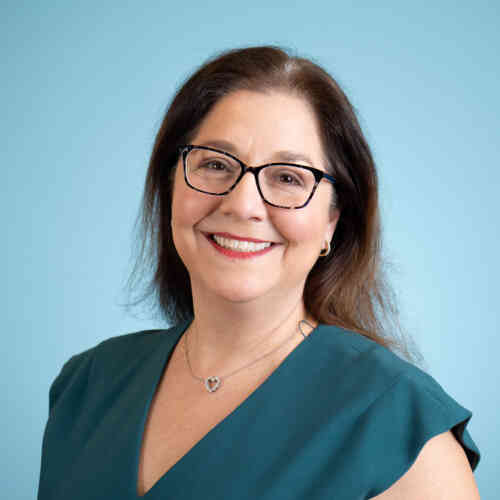Want to keep up with Melissa’s writing? Sign up to get Sticky Notes delivered to your email inbox.
Whether it’s building the car while driving it, assembling a plane while flying it or making a boat while sailing it (pick your analogy, I’ve got plenty of ‘em!), trying to get a thing accomplished without having all of the core components or building blocks feels RISKY no matter who you are.
If you’re a California Community Schools Partnership Program (CCSPP) grantee, right now you have an almost unprecedented opportunity to build the car BEFORE you drive it.
With a CCSPP planning grant – and the planning time baked into implementation grants – district, county and school teams get the chance to build a solid foundation for longer-term community school development.
Why does it matter?
Because when you and your teams have the time to put together community school building blocks, you’re able to develop an implementation plan that reflects EVERYONE’S voices and visions – not just a select (mostly predictable) few.
You and your team can do the work it takes to fill the gaps in what you know about student and family experiences – and make a collective intention to expand and strengthen community partnerships. You can engage in meaning-making around data you’ve had on hand for a long time, but maybe haven’t been able to look at in deeper ways. And last, you can put together a shared leadership team – an advisory council – that shares an understanding of the community school strategy, co-creates and champions a vision for their school, and embeds accountability for CS development and outcomes across stakeholder groups.
This important work also establishes optimal conditions for sustainability planning, and for bringing on a community school coordinator (CSC) who can hit the ground running. Because as many of us know too well, a CSC cannot function as a member of their school leadership team, build engagement and trust with and among schools, families, and partners, or build any sort of coherence among different initiatives that are underway throughout the school, district, or county if EVERYONE doesn’t understand their role or community school development writ larger.
I know, I know. Doing a meaningful and expansive needs assessment and asset map. Thoughtfully putting together an advisory council comprised of diverse voices and getting them all on the same page and working together. Establishing and strengthening the conditions that enable community schools and CSCs to thrive. It’s overwhelming. And A LOT of hard work.
But in the absence of this work, without these important building blocks, your CS work won’t take root, no matter how many great programs or supports you put in place.
Community schools work is not just about programs and services – it’s about changing the conditions for learning. It’s about building trust among families and schools. It’s about changing the way adults work together and get their work done so as to better benefit students. And in my view, it’s about investing in a thoughtful planning process that sets up the conditions that allow these relationships – these changes, these collaborations – to take place.
Bear with me for one last analogy. Starting CS work without undertaking a planning process first is like picking a lovely bouquet of flowers, sticking them in a pot and expecting ‘em to grow. They’ll look pretty for a little while, but they most certainly won’t grow and thrive. But if you plant a seed, and water it, tend to it (and sing to it, if that’s your thing), while it’ll take longer, over time a beautiful plant will bloom and grow. And stick around a lot longer than the bouquet you stick in a pot.
CS Basics is an opportunity to get really important CS grounding from people who have been working in the field for decades. By joining two, 1.5-hour sessions you’ll begin to lay a groundwork for your community school strategy by developing a nuanced understanding of what a community school is (and what it is not), a grasp of the enabling conditions of success, and a good sense of core CS practices, systems, and structures (e.g., needs assessment, advisory councils, CSC).
And we keep saying this, but truly the best part is that it is 100% virtual. You’ll join on Zoom and won’t even have to change out of your pajama pants (a serious selling point in my book).
Join us! Let’s learn how to build the car together!
Melissa
This event has ended. Contact us if you'd like to bring offerings like CS Basics to your district or county.

Melissa Mitchell is a community school practitioner with more than fifteen years in the field. Her experiences range from Community School Coordinator to leading the Federation for Community Schools, a Illinois-wide capacity building and policy organization. Melissa has supported community school development in a variety of ways, from providing coaching and direct technical assistance to schools, districts, practitioners and community partners to working with legislators and policymakers to develop supportive-state level policies that advanced community school development across Illinois.